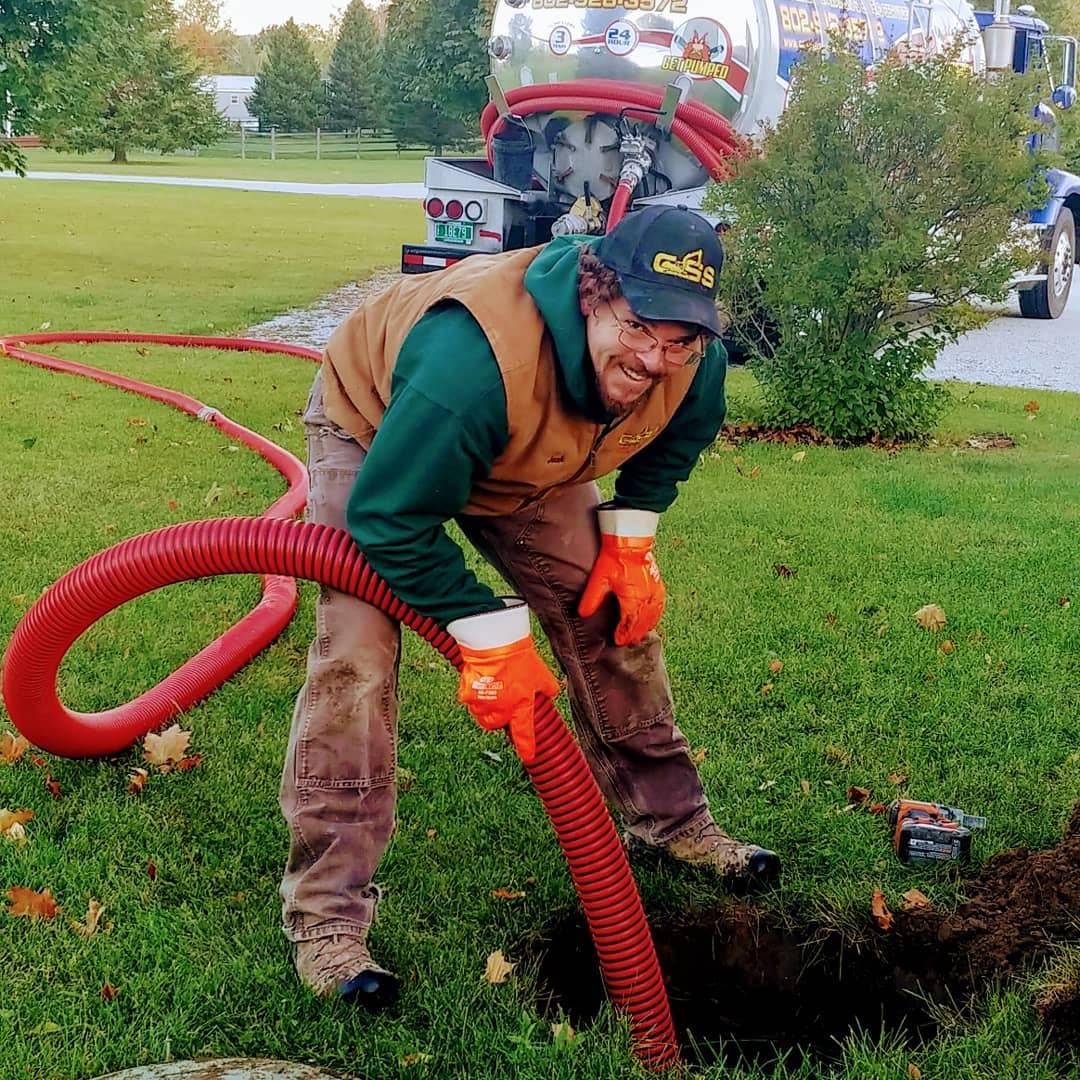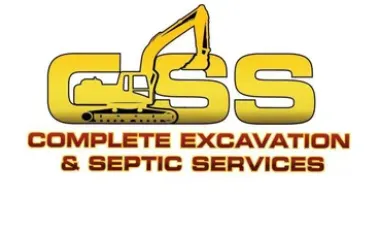
Proudly Serving Parts Of:
Grand Isle, Franklin & Chittenden Counties, VT
and Clinton County, NY

Comprehensive Guide to Septic Pumping Services Near Grand Isle County, Vermont
Septic Pumping Services Near Grand Isle County, Vermont
Maintaining a healthy septic system is crucial for homeowners in Grand Isle County, Vermont. Regular septic pumping is essential to prevent backups, prolong the life of your system, and ensure it operates efficiently. This guide covers everything you need to know about septic pumping, including when to schedule it, the process involved, and answers to common questions.
Why is Septic Pumping Important?
Septic systems rely on a delicate balance of bacteria to break down waste. Over time, solid waste builds up in the septic tank, which can lead to blockages and system failures if not properly maintained. Regular septic pumping removes these solids, preventing potential problems and extending the life of your system.
How Often Should You Pump Your Septic Tank?
The frequency of septic pumping depends on several factors, including the size of your tank, the number of people in your household, and your water usage habits. On average, septic tanks should be pumped every 3 to 5 years. However, homes with larger families or higher water usage may require more frequent pumping.
The Septic Pumping Process
Inspection: The technician will inspect your septic system to assess its condition and determine the best approach for pumping.
Locating the Tank: If you’re unsure of the tank’s location, the technician will use a probe or electronic device to find it.
Accessing the Tank: The technician will dig to uncover the tank’s access ports.
Pumping: Using a vacuum truck, the technician will pump out the solid and liquid waste from the tank.
Cleaning and Inspection: After pumping, the technician may use water to rinse the tank and inspect it for any signs of damage or wear.
Reporting: A detailed report is often provided, outlining the condition of the tank and any recommended maintenance or repairs.
Common Questions and Answers
Q1: What are the signs that my septic tank needs pumping?
A1: Common signs include slow drains, gurgling sounds in the plumbing, unpleasant odors near the tank or drain field, and sewage backups. If you notice any of these issues, it’s essential to schedule a septic inspection and pumping.
Q2: Can I pump my septic tank myself?
A2: Septic pumping should be performed by a licensed professional. The process requires specialized equipment and knowledge to ensure it’s done correctly and safely. DIY pumping can be hazardous and may not thoroughly remove all waste, leading to further issues.
Q3: What happens if I don’t pump my septic tank regularly?
A3: Failing to pump your septic tank can result in system overload, leading to backups, clogged pipes, and damage to the drain field. This can be costly to repair and may even require replacing the entire septic system.
Q4: Are there any products that can help maintain my septic system between pumpings?
A4: While some products claim to enhance septic system performance, it’s best to consult with a professional before using any additives. Regular maintenance, including responsible water usage and avoiding flushing non-biodegradable items, is the most effective way to keep your septic system in good condition.
Q5: How can I prolong the life of my septic system?
A5: Regular pumping is crucial, but there are additional steps you can take to extend the life of your septic system:
Conserve water to reduce the load on the system.
Avoid flushing non-biodegradable items, such as wipes, diapers, and feminine hygiene products.
Use septic-safe cleaning products.
Schedule regular inspections to catch and address any potential issues early.
Choosing a Septic Pumping Service Near Grand Isle County, Vermont
When selecting a septic pumping service, look for a company with a strong reputation and positive reviews. Ensure they are licensed and insured, and inquire about their experience and the equipment they use. A reliable service provider will offer transparent pricing and provide a detailed report of their findings and recommendations.
Conclusion
Maintaining a well-functioning septic system is essential for homeowners in Grand Isle County, Vermont. Regular septic pumping, along with mindful water usage and proper maintenance, can prevent costly repairs and ensure your system operates efficiently for years to come. By understanding the importance of septic pumping and knowing when to schedule it, you can keep your septic system in top condition and avoid potential problems down the line.

Hours:
Mon - Fri 9:00 am - 5:00 pm
Extended hours by appointment only.



All rights reserved | Privacy policy | Client Support Area
Disclaimer: Septic inspection credit is applied to septic installations only and must be redeemed within 7 days after a written quote provided upon state acceptance of design.
Disclaimer: Septic soil test credit is applied to septic installations only and must be redeemed within 7 days after a written quote provided upon state acceptance of design.